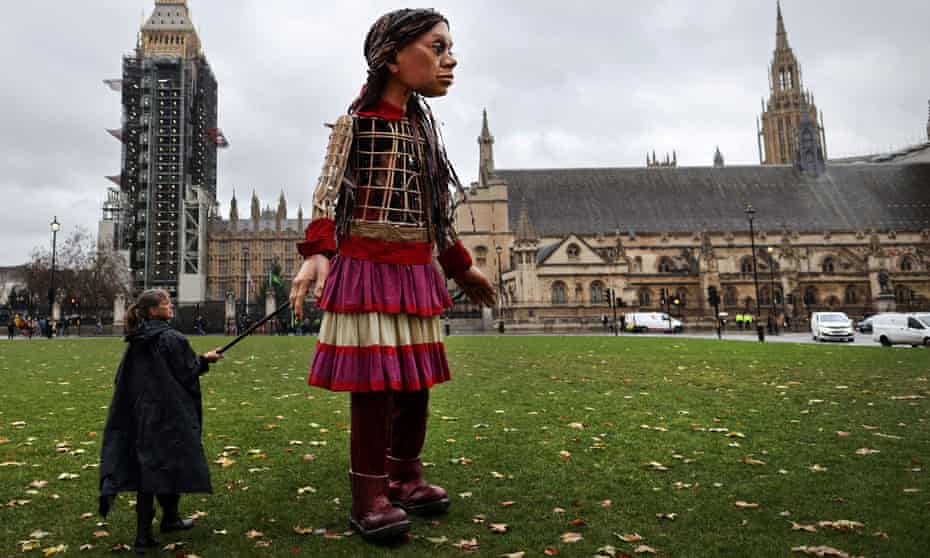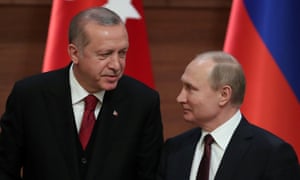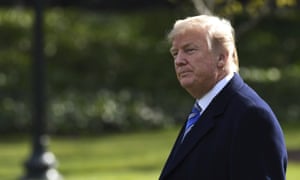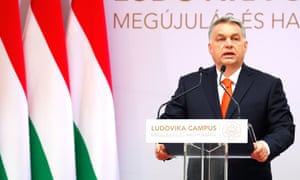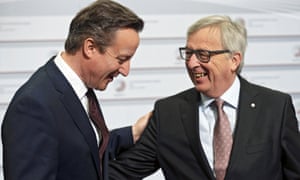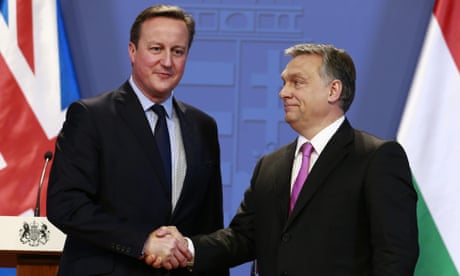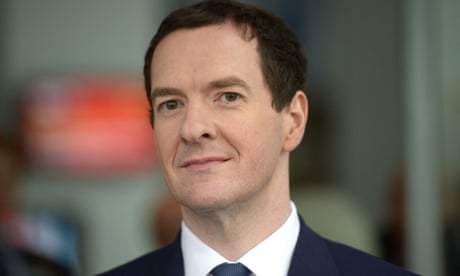From The Economist
In his decade in power Narendra Modi, India’s prime minister, has centralised the state to an unprecedented extent. Yet his ruling Bharatiya Janata Party has failed to attract many voters in the more prosperous south. The regional divergence is not unique to the bjp. Throughout India’s long history, rulers have tried and failed to unite the subcontinent under central authority. The chief reason is India’s diversity, summed up in clichés about dozens of cuisines, hundreds of languages and thousands of gods. The clichés may be trite, but they are also useful. A whirlwind tour through 2,500 years of Indian history helps explain why.
India, Hindi (the language), Hindu (a follower of the religion) and Hindustan (the country) all take their name from the Indus, the mighty river that flows from the Himalayas into the Arabian Sea. Outsiders typically used these names for the subcontinent and its people. A much older name is “Bharat”, used by the subcontinent’s people itself. Scholars believe it was first used in reference to a tribe called Bharata who populated northern India.
The history of pre-independence India is often divided into Hindu, Muslim and British periods. The first ruler to establish a pan-Indian empire, building on the work of his grandfather Chandragupta Maurya, was Ashoka (see map 1), but at unfathomable human cost. Also known as Ashoka the Great, he converted to Buddhism after reckoning with the brutality his territorial expansion had engendered. He remains a revered figure even today for uniting the country and for his largely benevolent rule after converting. His four-headed-lion capital (column head) is the official emblem of the Republic of India, and his “chakra”, or wheel, a Buddhist symbol, sits at the centre of the Indian flag.
The Mauryan Empire boosted economic activity across the subcontinent, but even 24 centuries ago it was clear that a unified idea of India could not be imposed on such a diverse population. Imperial edicts show that Ashoka’s administrators took into account local differences.
The empire broke apart soon after he died, in 232bc. For well over a millennium, India was ruled by a huge variety of kings, chieftains and oligarchies. A new era started in 1192 when Muhammad Ghuri, a Muslim chieftain based in Afghanistan, defeated Prithviraj Chauhan, a Hindu king, near Delhi. Ghuri left behind a slave general, Qutbuddin Aibek, to govern the territories. Upon Ghuri’s death, Aibek declared himself sovereign and established the Delhi Sultanate. His majestic Qutb Minar, a soaring minaret, still stands in Delhi and is one of the symbols of the city.
Muslim empires rose and fell over the next three centuries—too many to include in a “short history”. But one merits mention. Muhammad bin Tughluq of the Tughlaq dynasty, who ruled from 1325 to 1351, expanded his empire to most of the subcontinent, the first ruler since Ashoka to manage the feat (see map 2). To achieve this he established a new capital, Daulatabad, in what is now the western state of Maharashtra, forcibly moving big chunks of his population from Delhi, and burning the houses of those who were slow to pack. Though Muhammad bin Tughluq succeeded in expanding his territory, holding it was a different matter. He spent much of his rule trying to subdue rebellions and rival kings.
By the early 16th century, the subcontinent was once more a patchwork of kingdoms and mini-empires, both Hindu and Muslim (see map 3). In 1526 Zahiruddin Muhammad Babur, a direct descendant of Tamerlane, an Uzbek ruler, on his paternal side and an indirect one of Genghis Khan via his mother, defeated Ibrahim Lodi in the Battle of Panipat near Delhi, marking an important turning-point in Indian history. He lived for just four years after taking Delhi—and in that time complained incessantly. He described India as “a country of few charms” and took issue with the quality of its melons. But he established one of the greatest empires the world has ever seen: the Mughal empire (see map 4).
Babur’s grandson, Akbar, took the empire to great heights and expanded it across the north. He invited scholars and sages from many religions—including Islam, Hinduism, Christianity and Jainism—to his court. His son, Jahangir, and grandson, Shah Jahan, were great patrons of the arts, the latter responsible for the Taj Mahal.
But Akbar’s great-grandson, Aurangzeb, was a puritanical Muslim with little time for syncretism. He imposed discriminatory taxes on Hindus and persecuted certain sects of Muslims. He too established a new provincial capital in today’s Maharashtra and spent the majority of his reign in expansionist mode. He became the third and last ruler of pre-independence India to conquer chunks of the south. After his death the Mughals started a long and ultimately terminal decline.
In 1757 the East India Company, a British corporation with an army, defeated the Nawab of Bengal and took over the province in India’s east. Over the next 100 years it expanded its control of the subcontinent (see map 5). In 1857, after a bloody uprising by disgruntled troops in Company pay and even bloodier reprisals by the eventually victorious British, control was transferred to the Crown, making India an official part of an expanding empire ruled from London.
Yet even this apparently single authority was substantially varied. The British ruled both directly and via subservient local kings. The quality of rule—and the degree of tyranny—varied enormously from place to place. Even in many places under direct British control, the new rulers left existing administrative structures in place, their main interest being the collection of revenue. Some writers attribute present-day disparities in income and wealth across India’s regions in part to the differing revenue-collection systems, which embedded varying degrees of incentives for administrative competence.
The subcontinent achieved independence in 1947. Yet the realisation of a long-standing dream came bundled with the horrors and lasting trauma of partition (see map 6). British India was divided into what is now the Republic of India and what became West and East Pakistan (now Bangladesh). When the British departed, only 60% of what was left of India had been ruled directly by them. The remainder was under the rule of 565 kingdoms commonly referred to as “princely states”. Under the terms of partition, each princely state could accede to India, Pakistan or seek independence.
India’s founders, chief among them Sardar Vallabhbhai Patel, the first home minister, worked night and day to cajole, persuade or threaten local kings into joining India. The Muslim ruler of Junagadh acceded to Pakistan but was run out of his kingdom after his mostly Hindu subjects rebelled. The Hindu king of mostly-Muslim Kashmir dithered, calling Delhi in a panic when Pakistan-backed militias invaded, leading to the first of four Indo-Pakistan wars. With the adoption of a new constitution in 1950, India became a republic, free of the last vestiges of British rule.
The new country was an administrative mess, a patchwork of states and provinces big and small and tiny, none of it remotely rational. India thus undertook the bold and risky project of reorganising state boundaries along linguistic lines (see map 7), both to give diverse peoples a sense of autonomy among their own kind and to tamp down the risk of secessionist movements. In 1961 the Indian army annexed Goa and other Portuguese territories, bringing present-day India close to its final shape as a single political entity (India seized control of Sikkim in 1973 and it formally acceded to the Union in 1975).
India’s internal borders continued to evolve in the decades that followed. In 2000, for example, three new states were created to ease administration, and in 2019 the government dissolved the state of Jammu & Kashmir into two separate “union territories”, which are administered by the centre (see map 8). Its external boundaries are also contested. Most notably, India and Pakistan both claim the entirety of Kashmir and routinely skirmish for territory. And Chinese and Indian troops recently faced off in brutal hand-to-hand combat in Ladakh in 2020, with India said to have lost slivers of territory.
The meaning of “India” has evolved continuously for thousands of years. It will continue to do so as long as its external boundaries remain unsettled. These are difficult problems, but they are also signs of India’s greatest strength: its diversity. The country’s wisest rulers have accommodated it, miraculously holding a vast, poor and improbably democratic country together for nearly 80 years.
Further reading
“Baburnama: Journal of Emperor Babur”, Penguin Classics
“India in the Persianate Age: 1000-1765”, Richard M. Eaton
“The Origin Story of India’s States”, Venkataraghavan Subha Srininavasan
“Early India: From the Origins to ad 1300”, Romila Thapar
“Delhi Darshan: The History and Monuments of India’s Capital”, Giles Tillotson
Editor’s note (April 16th): this piece has been updated to include mention of Bharat
